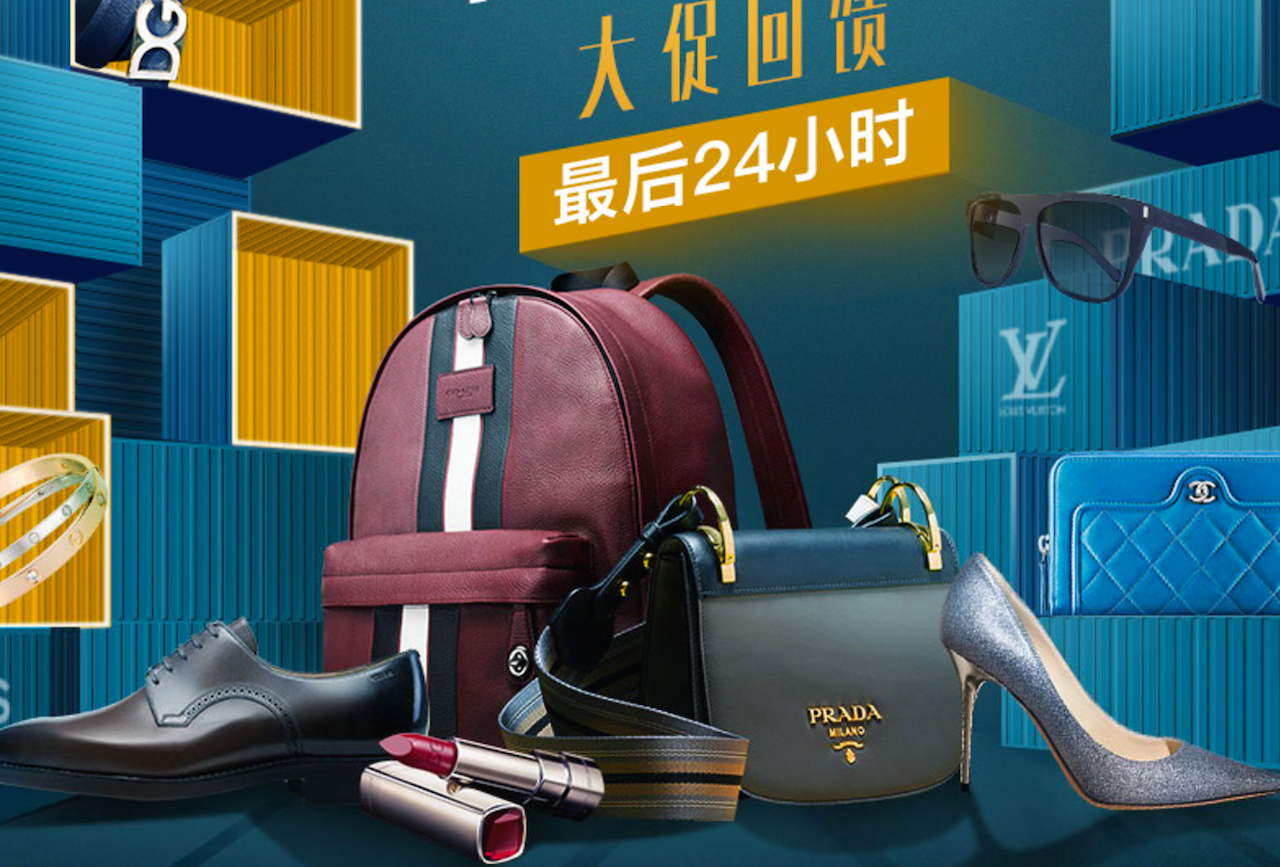The arrest of Ji Wenhong, the CEO of Xiu.com put an end to a year-long investigation into the company by China Customs officials in Guangdong province over allegations that it had smuggled goods into the country in violation of customs law. But this case also brings into focus the plight of e-commerce sites who are struggling to make a profit and who, unlike the big ones—Tmall and JD.com—don't benefit from direct relationships with brands.
“Xiu.com is an unlucky one," a cross-border e-commerce expert who has previously helped luxury brands set up vendor stores on Tmall and JD.com told Jing Daily on the condition of anonymity. "They were sacrificed to the government's increased tightening of the e-commerce border control.”
He said the news of Xiu.com shows the obstacles faced by luxury cross-border e-commerce platforms in China. Companies like Xiu.com ironically present themselves as more trustworthy than the bigger sites, when it comes to authenticity. Yet, they must stay competitive with regard to pricing. Smuggling is a solution they often resort to.
According to reports, Ji was charged with arranging for the purchase of luxury goods from Europe and the United States to have it shipped to Hong Kong. From Hong Kong, the company would arrange through a logistics company in Shenzhen for professional smugglers, or “water guests” as they are known in Chinese slang, to bring the goods to mainland China avoiding import duties.
Ji has been charged with smuggling into China goods worth 438 million yuan (66 million), according to news reports who cited government officials.
E-commerce companies smuggle goods illegally to avoid the heavy duty on imports. The expert explained how e-commerce sites operate in China: a big company like Xiu.com (though he could not speak directly to Xiu’s situation) would directly negotiate with brands and buy out a lot of off-season goods, which are usually 40 to 50 percent less than in-season goods.
But in order to ship luxury goods such as apparel, fragrances and handbags to China, the cross-border import duty of these items (comprising the VAT (value-added tax) and import duties) would run up to around 47 to 77 percent for different categories, according to the official website of the General Administration of Customs in China. So, for any e-commerce company going through regular channels, they can't offer users competitive pricing, and the pricing ends up being the same as it would had consumers bought from the official brand stores in China.
“You will note that the very high PRC VAT/duties drives this whole business," said Steve Dickinson, an attorney with Harris Bricken who works with foreign companies to help them enter the Chinese market. "It is what makes "daigou" work and it is what makes all the elaborate luxury items smuggling schemes work."
Dickinson said that there are some types of "classic" smuggling that are very common. For example, some use the technique whereby low volume/high value goods are mixed in with high volume/low value goods that are difficult to examine, false customs reports are issued, and then the shipment is taken to a warehouse where the high value items are separated out.
For luxury-loving and price-conscious Chinese consumers, they care more about where the goods come from and how much they cost than they do about how goods got to them. While Xiu.com is still operational, should it be shut down, another one like it may very well pop up to fill its place and satisfy consumer demand.
As Dickinson put it, “As long as the VAT/Duties remain high, this kind of thing will occur.”


